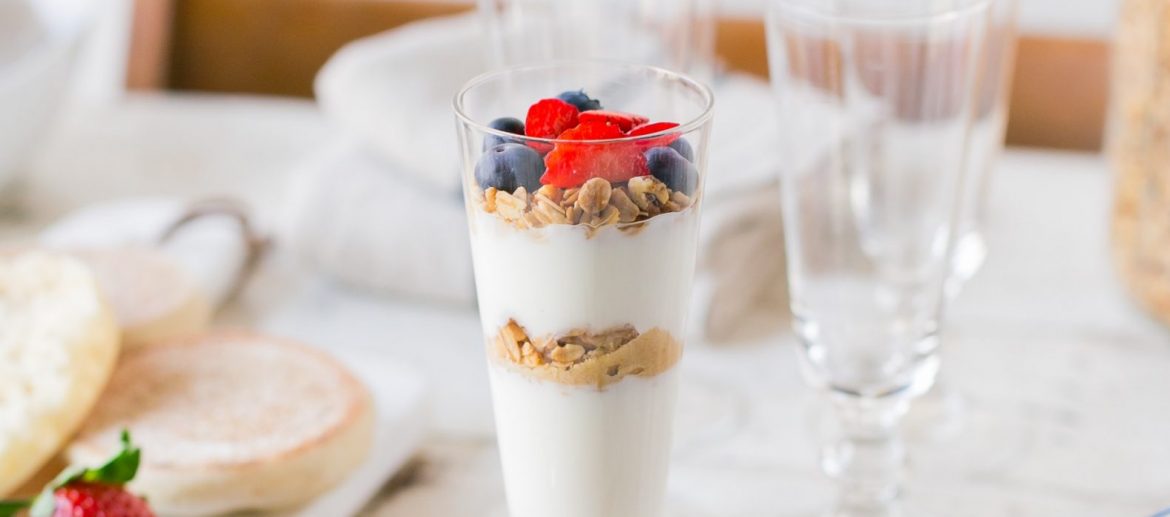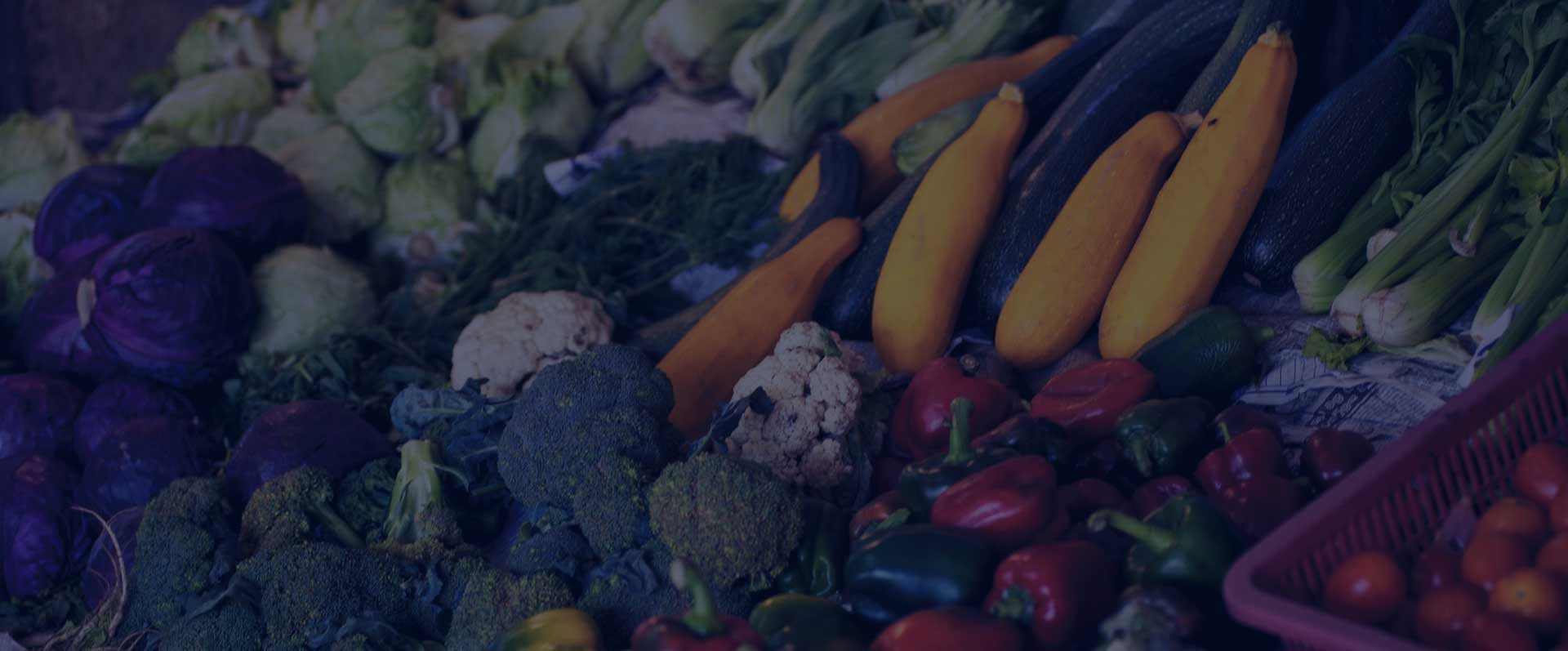Is IBS sabotaging your life
Food for mental health is increasingly considered to be part of a proper balanced diet.
We say, ‘food for thought’ and undoubtedly what we eat affects how we feel and our ability to function.
Often when people feel depressed, food is a form of comfort. Unfortunately, so-called comfort foods are usually the ones that contain high levels of sugar and salt. They tend to be highly processed too.
The problem is that they mess up the neurotransmitters. This is because they produce a temporary rise in serotonin, along with a dopamine rush. It takes the edge off low moods for a short while. Then the cycle starts over because the underlying problem is still there.
Of course, mental illness covers a broad spectrum of conditions. Stress is particularly prevalent in our fast-paced modern life. Some people feel unable to cope in a pressured working environment. Then they eat the wrong things at the wrong time or skip meals altogether. Also, when you feel stressed, your body may struggle to digest food properly. Eating in a calm state, and at regular intervals, helps to maintain blood sugar levels. It also gives you the energy to get through the day.
15.4 million workdays lost
The Health and Safety Executive reports that 15.4 million working days were lost due to stress in 2017/18, up from 12.5 million the previous year. This equates to 57.3 per cent of the 26.8 million working days lost due to ill health.
Managers must do more to reduce the causes of stress and support employees who are struggling to cope. That includes tackling excessive workloads and other issues, such as bullying. Toxic workplaces are bad for staff and productivity.
People tend to suffer in silence. The general stigma around mental health/stress often prevents people saying how they feel. As well as anxiety, depression and mood swings, mental illness can manifest as physical symptoms, such as insomnia, headaches and back pain.
Naturopathy can help to get down to the root cause and help plan a diet that rich in foods for mental health. For example, magnesium deficiency is linked to anxiety and vitamin B complex helps with stress. Probiotics modulate the gut-brain axis to combat symptoms of anxiety, stress and depression.
Brain foods
As well as foods, I also consider the effects of anti-inflammatories. Medication like benzodiazepine can be addictive and have side effects, including drowsiness and poor balance. It can affect your coordination. This is not conducive for a working environment, especially as it can also affect memory and cause confusion. A naturopathic solution for anxiety is thiamine (B1) capsules which work very efficiently. If you feel a panic attack coming on, open a capsule and place the powder under your tongue. This helps to control the panic attacks. Another good homeopathic remedy is Aconite, just take 200c at the onset of an attack. A deficiency in vitamin C is associated with nervousness.
The Mediterranean diet is often held up as the ideal for good health as it’s high in vegetables, fruits, nuts, grains, fish and unsaturated fats. A recent study found that this diet helped to reduce depression and the participants were still sustaining the good effects six months later. Eat almonds, salmon, potatoes, broccoli, sardines, sea vegetables, celery, cabbage, asparagus, legumes to offset any deficiencies in potassium, calcium and magnesium.
Eating the right foods for mental health goes a long way to improving well-being. For example, organic nuts and seeds containing natural essential fatty oils tare better for brain function than biscuits and cakes. Avocado and fresh fish are also good brain foods.
Book your free 15 minute telephone consultation
If conventional methods haven't worked for you, find out how a qualified naturopathic functional medicine practitioner can support you on your journey to improved health and well-being.



